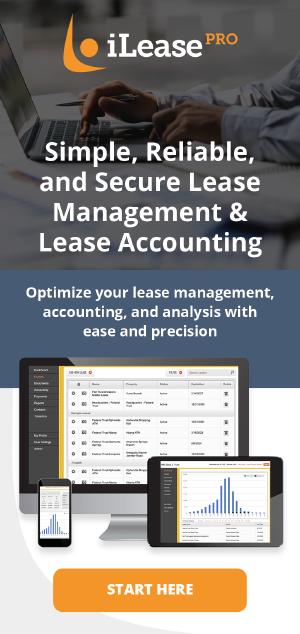How Agile Thinking Can Transform Your Accounting Department

Agile Thinking
In today's rapidly evolving business landscape,
accounting departments are seeking ways to enhance their efficiency, collaboration, and adaptability. Agile
thinking, a
mindset rooted in flexibility, collaboration, and continuous improvement, has proven to be a powerful approach in
various industries. In this blog post, we will explore how bringing the benefits of agile thinking to your
accounting
department can revolutionize the way your team operates, drives value, and adapts to changing
demands.
1.
Understanding Agile Thinking in Accounting:
Agile thinking is a mindset that emphasizes
responsiveness, collaboration, and adaptability. In the context of accounting, it involves applying agile principles
and
methodologies to enhance financial reporting, streamline processes, and foster a culture of continuous improvement.
By
embracing agile thinking, accounting departments can move beyond traditional approaches and transform their
operations.
2. Key Principles of Agile Methodologies:
To bring the benefits of agile
thinking to your accounting department, it is essential to understand the key principles of agile methodologies.
These
principles include:
- Customer Focus: Placing customer needs and stakeholder expectations at the center of accounting processes, ensuring that financial reporting aligns with their requirements.
- Iterative and Incremental Approach: Breaking down accounting tasks into smaller iterations or sprints, allowing for regular feedback, adaptability, and continuous improvement.
- Collaboration and Cross-Functional Teams: Encouraging collaboration among accounting team members, as well as fostering cross-functional collaboration with other departments to improve communication, coordination, and collective ownership.
- Adaptability to Change: Embracing change as a natural part of the accounting process and being responsive to evolving regulatory requirements, technological advancements, and business needs.
- Continuous Improvement: Cultivating a culture of continuous learning, reflection, and improvement to enhance processes, workflows, and the delivery of financial information.
3. Importance of Adaptability and Collaboration:
Agile thinking recognizes the
importance of adaptability and collaboration in accounting. The accounting landscape is constantly evolving, with
new
regulations, reporting standards, and technological advancements. By embracing an agile mindset, accounting teams
can
proactively adapt to these changes, ensuring accurate and timely financial reporting. Collaboration within the team
and
with other stakeholders fosters transparency, knowledge sharing, and better decision-making.
4.
Transformational Potential of Agile Thinking:
When agile thinking is applied to accounting, it
can
transform the way your accounting department operates. By adopting agile methodologies such as Scrum, Kanban, or
Lean,
accounting teams can streamline processes, improve efficiency, and enhance collaboration. Iterative planning,
shorter
feedback cycles, and continuous improvement enable the team to deliver value more effectively, identify and address
issues promptly, and meet evolving business needs with agility.
Introducing agile thinking to your accounting
department has the potential to revolutionize the way your team operates. By embracing the key principles of agile
methodologies, including adaptability, collaboration, and continuous improvement, your accounting department can
become
more responsive, efficient, and aligned with stakeholder expectations. Embrace agile thinking in accounting and
embark
on a transformative journey that will enhance financial reporting, streamline processes, and empower your team to
thrive
in the ever-changing business landscape.
.



